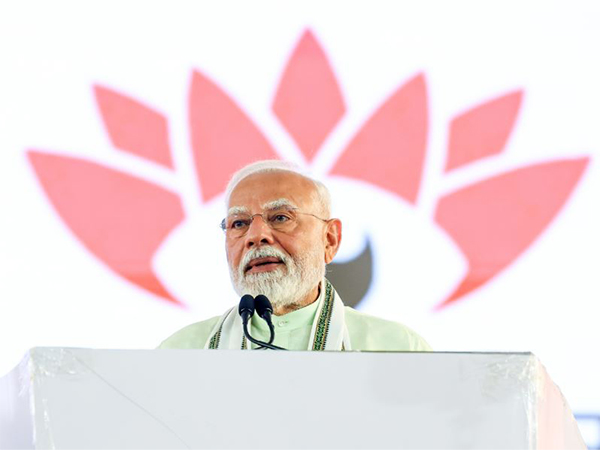
Unlike men, women perform best at a higher temperatures
May 23, 2019
Washington D.C [U.S.A], May 23 : In a peculiar study, researchers found that women perform best at higher temperatures, unlike men who perform best at lower temperatures on math and verbal tests.
Although many surveys have shown that women tend to prefer higher indoor temperatures than men, no experimental research examining temperature's effect on cognitive performance has taken possible gender differences into account.
According to the study published in the Journal of Plos One, researchers took logic, math, and verbal tests in a room cooled or heated to one of a range of temperatures between 16.19 C/61.14 F and 32.57 C/90.63 F, receiving cash rewards based on the number of questions correctly answered. 41% of the participating students identified as female.
The authors found that female students generally performed better on math and verbal tests when the room temperature was at the warmer end of the distribution, submitting more correct responses as well as more responses overall.
Conversely, male students generally performed better on these tests at lower temperatures at the warmer end of the temperature distribution, they submitted fewer responses, as well as fewer correct responses.
The improved performance of women in response to higher temperature was larger and more precisely estimated than the corresponding decrease in male performance.
Nonetheless, the authors suggested that ambient temperature might impact more than just comfort, noting that it's possible that "ordinary variations in room temperature can affect cognitive performance significantly and differently for men and women."
Study researchers, Tom Chang, and Agne Kajackaite, summarized "In a large laboratory experiment, over 500 individuals performed a set of cognitive tasks at randomly manipulated indoor temperatures. Consistent with their preferences for temperature, for both math and verbal tasks, women perform better at higher temperatures while men perform better at lower temperatures."




























